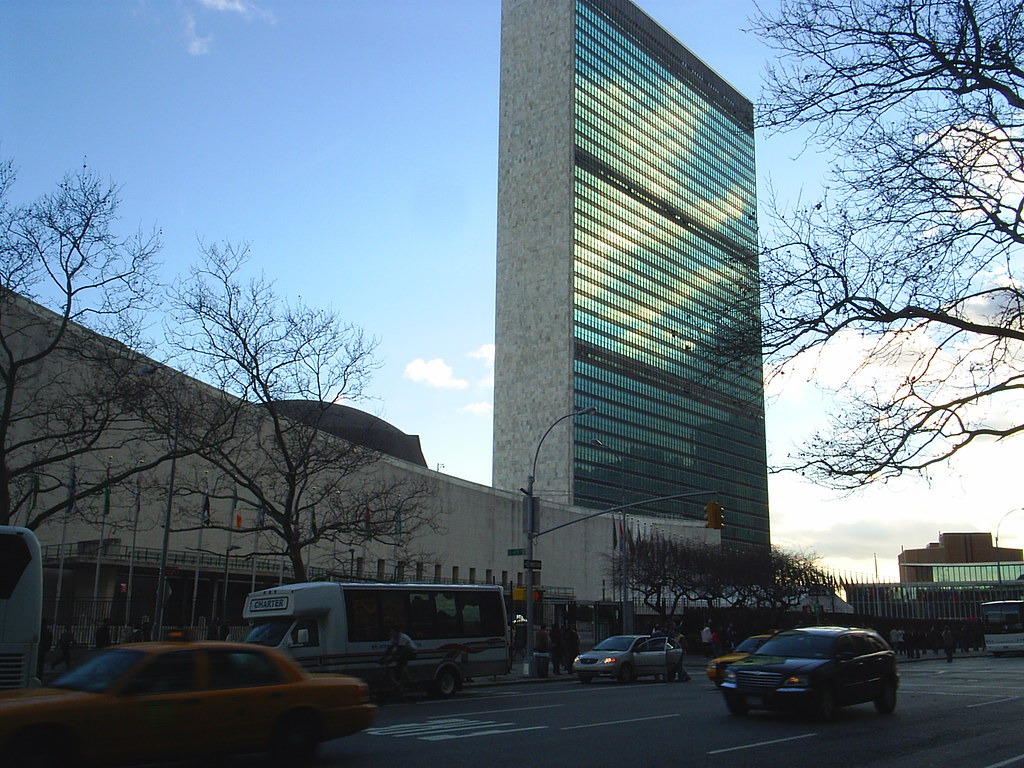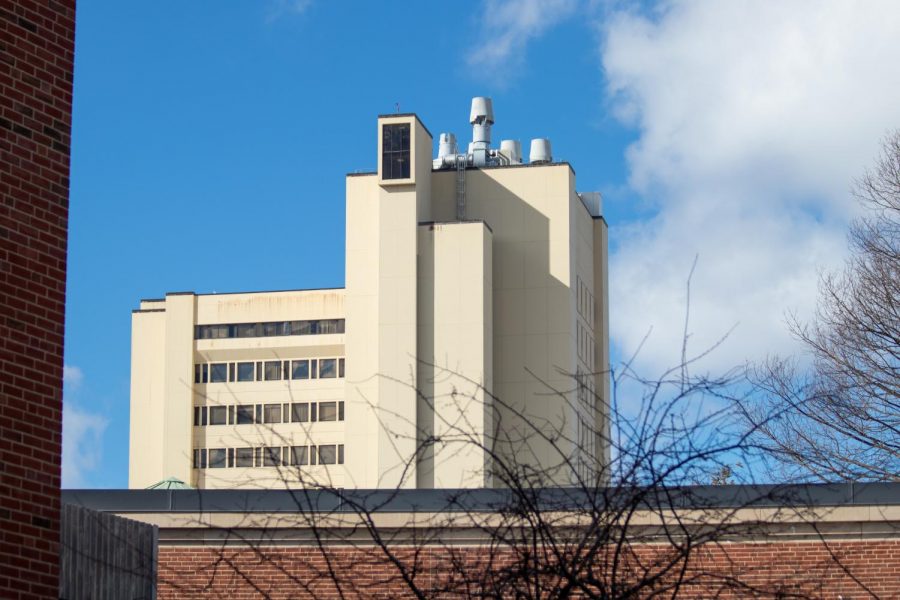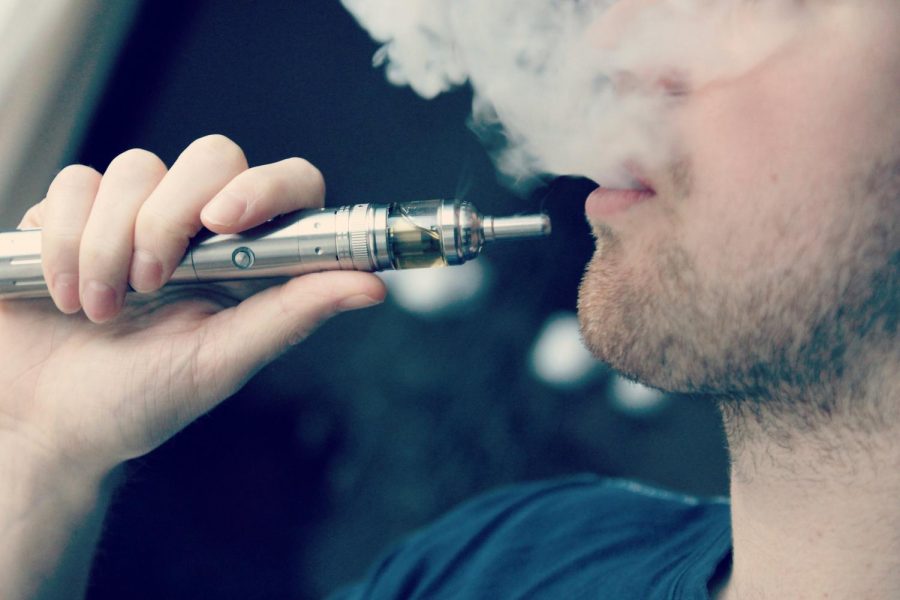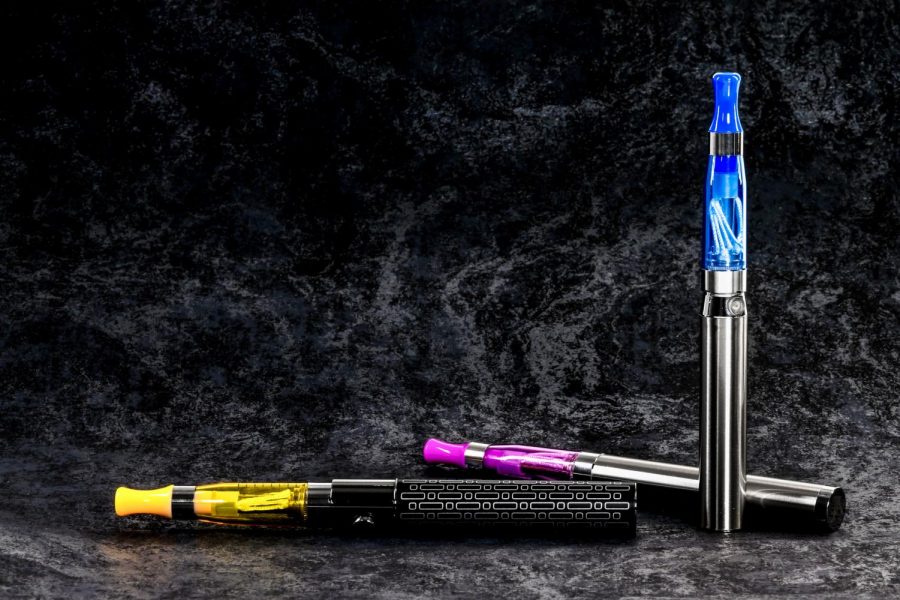
Click here to see the other side of the Point-Counterpoint: “Vote yes for tax removal on alcohol”
On Nov. 2, 2010, voters across the state will cast their ballot to decide whom can best represent our state in public office. Along with these changes in personnel, the citizens of Massachusetts will decide whether or not to remove the sales tax on alcohol that was implemented on Jan 1, 2010. With no definite end to the recession in sight, ballot Question 1 has raised considerable controversy.
Many storeowners are up in arms over this issue because they have reported a drop in their alcohol sales since the implementation of the sales tax last year. Store owners attest that their products are now subject to an unfair double standard because both an excise and sales tax are now included in their product’s cost. This has forced owners to cut hours, a move that has hurt many employees trying to make ends meet during this economic downturn. Storeowners bordering New Hampshire have been especially vocal about this issue because they claim that many of their regular customers are buying their alcohol across the boarder where there is no sales tax.
Before last year’s vote, Massachusetts had never applied its sales tax to alcohol. This left the excise tax as the only source of income to be made by the state from alcohol; and also gave alcohol the same tax-exempt status that clothing, food and prescription medication.
By including sales tax in the price of alcohol, Massachusetts has likened its tax scheme to the majority of the other states in our nation. There are currently 45 states with sales tax. Of these states, all 45 apply their tax to alcohol.
Proponents of the bill point to the high sales tax in Massachusetts in conjunction with the excise tax as a reason that alcohol should be exempt. It is true that Massachusetts has a high sales tax in comparison with other states, with only nine states topping our rate of 6.25 percent. However, it is not true that this condition creates an unfair tax environment that is unrivaled in other states.
Despite the vendor’s complaints about how unjust the new taxation is, Massachusetts actually has one of the lowest excise taxes on alcohol in the country. Nationwide, excise tax is broken down into three categories based on alcohol content. The categories are spirits, wine and beer, each of which is taxed by the gallon. Of the 50 states, 41 have a higher excise tax than Massachusetts in at least one of these three categories. Therefore, prior to last years vote, vendors in Massachusetts had a much lower overall tax rate on alcohol than is seen in most other states.
Last years vote brought the sale of alcohol in line conceptually with the rest of the state’s tax policies. Throughout state history, voters have been eager to pile taxes onto items viewed as unnecessary or luxury items. Cigarettes are a shining example of this. Massachusetts has the seventh highest tax rate on cigarettes, a rate that is often considered for revision first when more tax money is needed. Consumers of alcohol should be made to support the commonwealth in the same way that cigarette smokers have always done by paying high taxes on their vice of choice.
If the sales tax is removed, estimations predict that the state will lose between $50 to $80 million tax dollars in the upcoming year. With our state’s budget already two billion dollars in the red, I do not believe that any potential tax dollars should be turned away. Furthermore, the money collected from this tax goes directly to mental health services dealing with drug and alcohol addiction. These programs are extremely important to the well being of many of our state’s citizens. It only makes sense that the funding for these programs should come from the same substances that caused the patients illnesses in the first place.
Our state should not give in to the demands of a minority at the expense of the majority. The fact that some vendors bordering New Hampshire have experienced a drop in their sales is no reason to deprive the state of much needed tax money. Compound this with the already low excise tax, and the repeal of the sales tax on alcohol clearly will not benefit the state.
Of course I have sympathy for those that are put out of work by this tax, even though I suspect the facts to be skewed by proponents of the bill. After all, is it really cost effective for most residents to spend the extra time and gas money to buy their alcohol at a rate six percent less than they could on this side of the border? It wouldn’t seem so.
With all facts considered, I urge the informed voter to vote against Question 1 on the up coming ballot.
Zach Weishar is a Collegian columnist and can be reached at [email protected].













Red • Nov 1, 2010 at 12:49 pm
Tough guy, I actually wrote and edited the Collegian’s op-ed a few years back. Time of my life. I rarely get fired up about college newspaper opinion pieces, but this one did it for me for all the wrong reasons.
bobbyhitt • Oct 31, 2010 at 8:51 am
Uh-oh here comes the grammar and spelling police. Red you are perfectly welcome to write for us if you are a student and think you can do a better job than our writers.
Peace and take it down a notch.
Red • Oct 30, 2010 at 12:51 pm
Holy crap, how did you pass the third grade butchering “border” so bad? It’s “bordering”, not “boarding”
Let me ask you a question: do you regularly consume alcohol?